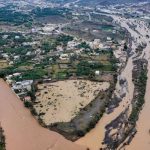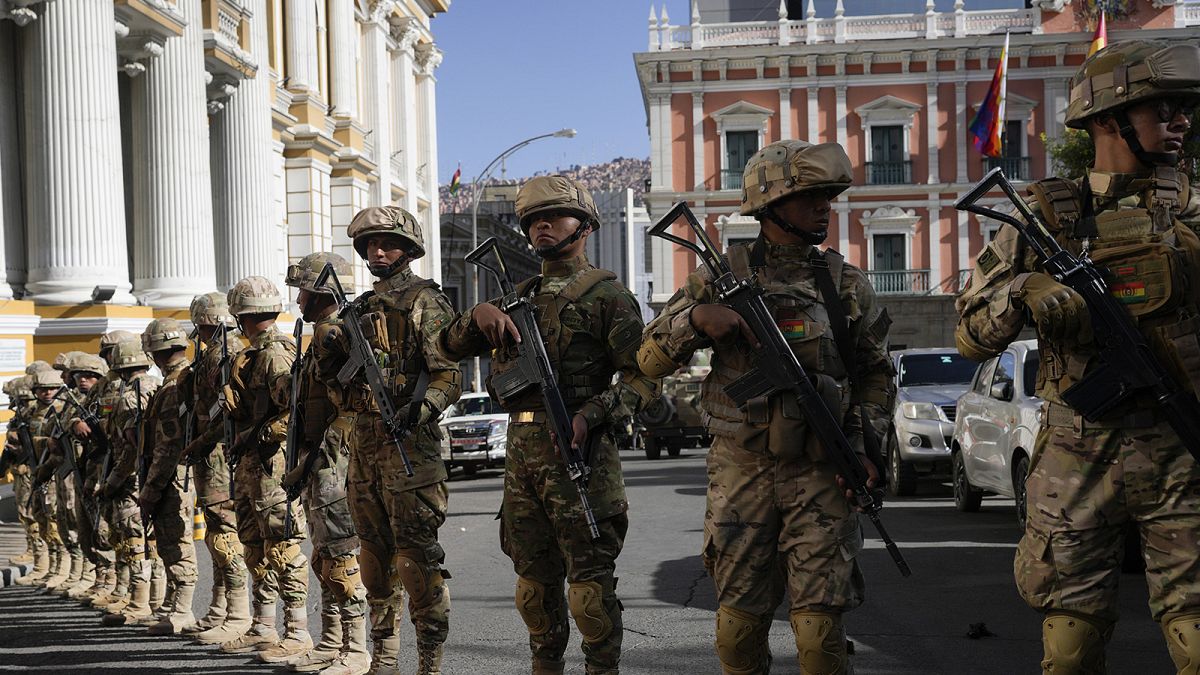Following a failed coup attempt in Bolivia, President Luis Arce denied allegations that he orchestrated it, instead stating that the general who led the push to oust him acted independently. The general, Juan José Zuniga, alleged without evidence that Arce had ordered him to carry out the mutiny to gain popularity. The government arrested 17 people in connection to the attempted coup, sparking speculation and doubts among Bolivians, with many calling it a “self-coup”. Arce’s supporters rallied outside the presidential palace, providing the embattled leader with some political breathing room amidst the chaos.
The failed coup came as a shock to many Bolivians, as military forces appeared to turn on President Arce, seizing control of the capital’s main square with armoured vehicles and unleashing tear gas on protesters. One civilian, identified as Anibal Aguilar Gomez, was labeled as a key “ideologue” of the thwarted coup. The tensions between Arce and popular former President Evo Morales have been escalating, with Morales threatening to challenge Arce in the upcoming elections. Morales, Bolivia’s first Indigenous president, has vowed to run against Arce in 2025, a move that has rattled the current president as his popularity continues to decline.
Despite the eruption of public support for Arce following the failed coup attempt, analysts are skeptical about the long-term implications for the country. The economic predicament and political turmoil facing Bolivia continue to pose challenges for Arce’s leadership, as foreign currency reserves dwindle and natural gas exports plummet. While the military manoeuvre on Wednesday did provide Arce with some temporary relief, it is not seen as a lasting solution to the country’s issues. Democracy advocates in Bolivia have expressed doubt about the government-led investigation into the coup attempt, citing concerns about the lack of judicial independence and credibility within the judiciary.
The attempted coup in Bolivia raised concerns about the fragility of democracy in the region, with experts pointing to the unusual nature of the events that unfolded. President Arce was praised for standing up to the general and his men, defending democracy in the face of adversity. The US deputy secretary of state for management, Rich Verma, condemned Zuniga for his actions, emphasizing the importance of upholding democratic principles in the hemisphere. The lack of transparency and credibility within the Bolivian judiciary further complicates efforts to uncover the truth behind the failed coup attempt, leaving many questions unanswered for the people of Bolivia.










